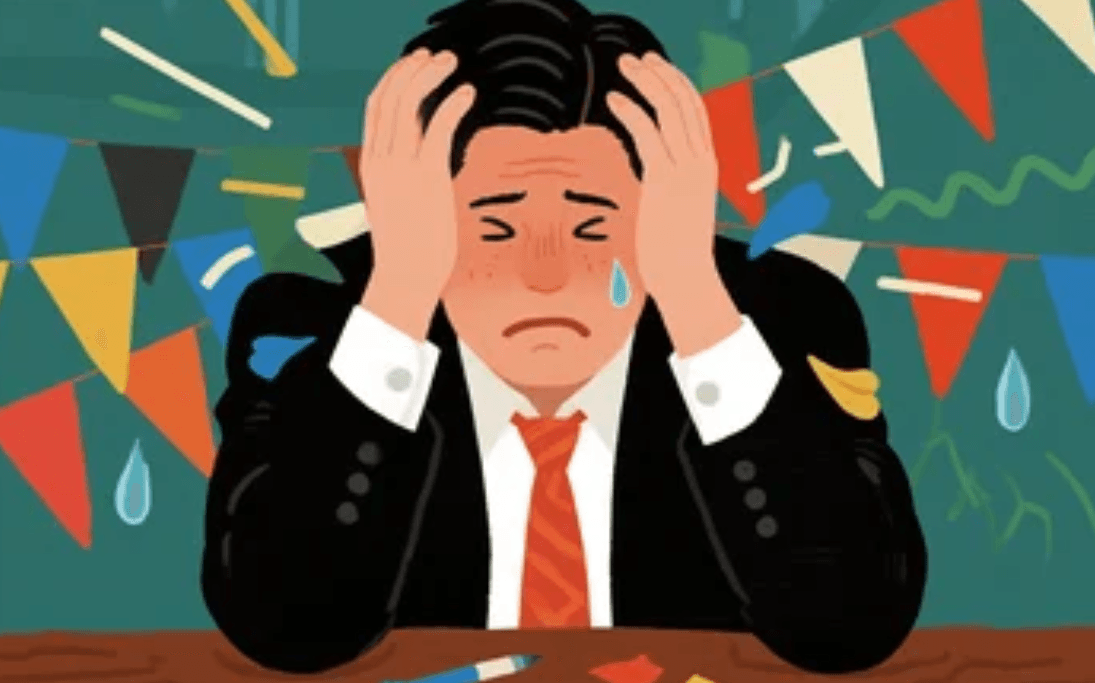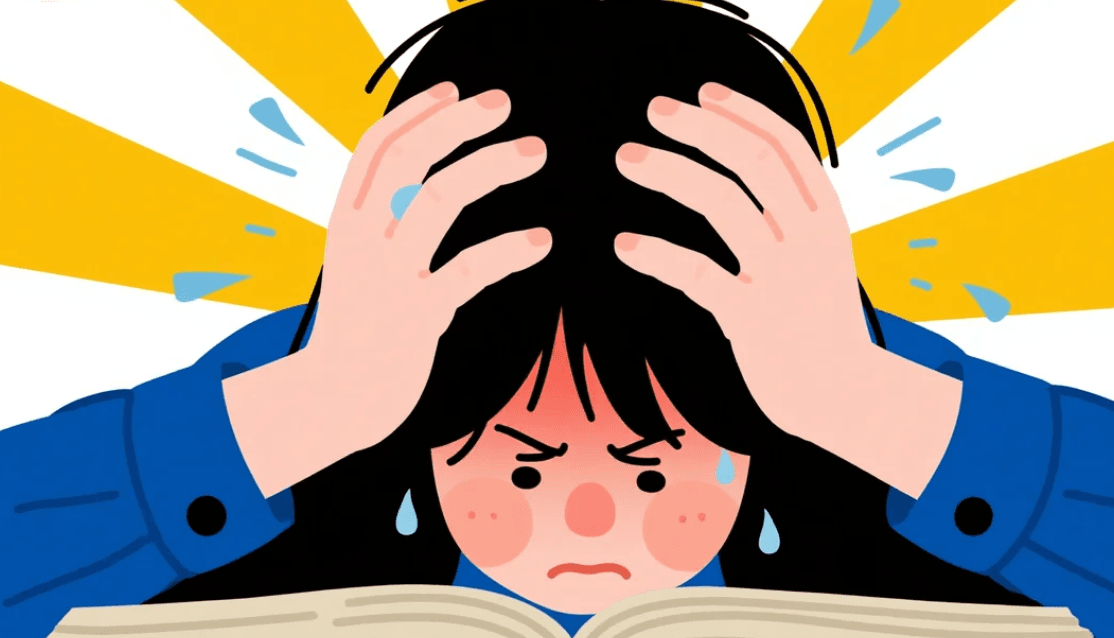Does Stress Cause Sore Throat? Get the Truth Now
Can Stress Really Cause a Sore Throat?
Stress is often seen as a mental burden, but its impact on physical health can be surprisingly intense. One commonly overlooked symptom is a sore throat. Many people ask: Does stress cause sore throat? The answer is yes—stress can contribute to throat discomfort in a variety of direct and indirect ways.
In this article, we’ll explore how stress affects the throat, the science behind stress-related inflammation, and what you can do to find relief.
1. How Stress Affects the Body Physically
When you're under stress, your body releases stress hormones like cortisol and adrenaline. These trigger the "fight or flight" response, causing increased heart rate, blood pressure, and muscle tension.
While this reaction helps in emergencies, chronic stress can create widespread physiological issues, including muscle tightness in the neck and throat, immune suppression, and inflammation.
Over time, the repeated activation of this response can make the body more sensitive, even triggering physical symptoms such as headaches, stomach pain, and even sore throats.
2. Can Stress Directly Cause a Sore Throat?
There are several ways stress can lead to a sore throat:
- Muscle Tension: Stress often leads to unconscious clenching of jaw, neck, or throat muscles, creating soreness or tightness.
- Mouth Breathing: Stress and anxiety may alter breathing patterns, causing dry mouth or throat irritation.
- Lowered Immunity: Chronic stress weakens the immune system, making you more susceptible to infections like colds or strep throat.
- Silent Reflux (LPR): Stress may worsen acid reflux, which irritates the throat lining, leading to soreness.
These issues might not seem serious individually, but together they can create ongoing discomfort that feels like a persistent sore throat.
3. Throat Tightness and Anxiety
Throat tightness is a common symptom of anxiety and panic attacks. It often feels like:
- A lump in the throat (globus sensation)
- Difficulty swallowing
- Burning or rawness without infection
This sensation is often due to hyperventilation, muscle tension, or even anticipation anxiety (worrying about the symptom makes it worse). Though not dangerous, it’s uncomfortable and stressful.
4. Stress and Immune System Suppression
Research shows that chronic stress suppresses the immune response, making the body more vulnerable to viruses and bacteria. When you're constantly stressed, your body may not fight off infections efficiently, leading to frequent sore throats, colds, or sinus infections.
A 2012 study published in Proceedings of the National Academy of Sciences found that people under high psychological stress were more likely to develop cold symptoms when exposed to a virus, including sore throat and nasal congestion.
5. Stress, Sleep, and Inflammation
Stress also disrupts sleep. Poor sleep quality or insomnia caused by stress can exacerbate inflammation in the body. Inflammation in the throat tissues may mimic the feeling of an infection, even when there isn’t one.
Moreover, insufficient rest limits recovery and repair processes in the body, prolonging symptoms that would otherwise fade quickly.
6. How to Tell If Your Sore Throat Is from Stress
While only a healthcare provider can rule out serious conditions, here are signs your sore throat may be stress-related:
- No fever or visible infection symptoms
- Throat tightness worsens during anxiety or emotional distress
- Symptoms fluctuate with mood or breathing pattern
- Dry throat, especially in the morning
- Relieved by hydration, relaxation, or sleep
If your sore throat comes and goes with stressful periods, it’s likely that stress is playing a major role.
7. When to See a Doctor
While stress can cause a sore throat, it’s important to rule out medical causes first. See a doctor if you experience:
- Persistent sore throat for more than 7 days
- Fever, chills, or swollen lymph nodes
- Difficulty swallowing or breathing
- White patches or visible sores in the throat
If none of these are present, your symptoms may be linked to emotional or psychological triggers.
8. Natural Ways to Relieve a Stress-Induced Sore Throat
Fortunately, there are effective ways to manage throat symptoms caused by stress:
- Hydrate regularly: Keeps throat tissues moist and reduces irritation.
- Use warm saltwater gargles: Soothes inflammation naturally.
- Try herbal teas: Chamomile, ginger, and licorice root can calm the throat and the nervous system.
- Practice deep breathing: Relaxes throat muscles and improves airflow.
- Use a humidifier: Especially helpful if you sleep with your mouth open due to stress or anxiety.
9. Managing the Root Cause: How to Reduce Stress
Addressing the underlying stress is essential for long-term relief. Consider:
- Mindfulness meditation: Shown to reduce anxiety and physical tension
- Regular physical activity: Naturally lowers cortisol levels
- Journaling: Helps process emotions and triggers
- Therapy: CBT (Cognitive Behavioral Therapy) is particularly effective for stress-related physical symptoms
Even small daily habits—like going for a walk or listening to calming music—can help reduce the body’s stress response.
10. Using Technology to Monitor Stress and Recovery
Apps and wearables now allow users to monitor their stress levels, recovery status, and sleep quality. One standout example is the Bodywave Health Tracker, which uses real-time HRV and heart rate analysis to alert you when your body is under stress.
- Track trends in stress and recovery
- Plan workouts and rest days based on readiness
- Visualize when stress may be contributing to physical symptoms like sore throat
Learn more on the official site: https://bodywave.life or download the app via the App Store.
11. Does Anxiety Cause a Lump in the Throat?
Yes. The “globus sensation,” or the feeling of a lump in the throat, is a well-documented result of anxiety. It's not dangerous, but it can be frustrating and distressing. This is often due to:
- Throat muscle tension
- Stress-induced swallowing dysfunction
- Increased focus on the throat area
Relaxation techniques and distraction methods often help ease this symptom.
Conclusion: Stress and Sore Throats Are More Connected Than You Think
So, does stress cause sore throat? Yes—either directly through tension and dryness or indirectly by weakening your immune system and altering breathing patterns. Understanding the connection between your emotional state and physical symptoms is the first step to feeling better.
If your sore throat comes and goes with your mood, or if doctors can’t find a cause, stress might be the missing link. The good news? You can manage it through mindfulness, rest, hydration, and tools like Bodywave that help you take control of your nervous system.
Listen to your body—it might be telling you to slow down, breathe, and take care of your mental well-being.







BodyWave: Invest in Your Well-being!

